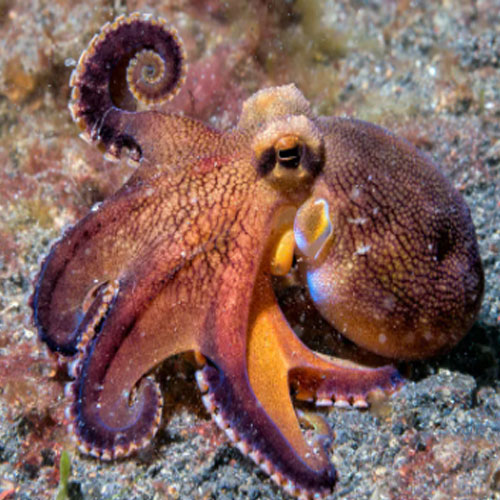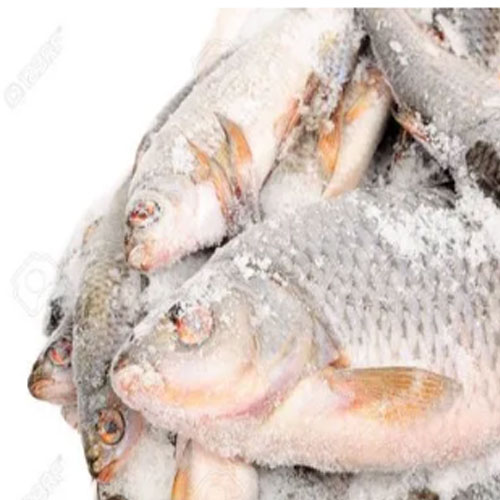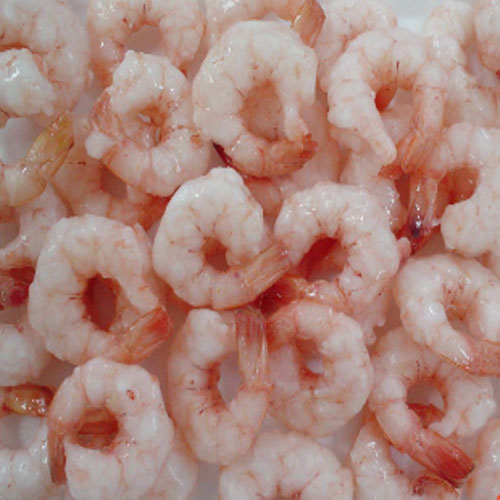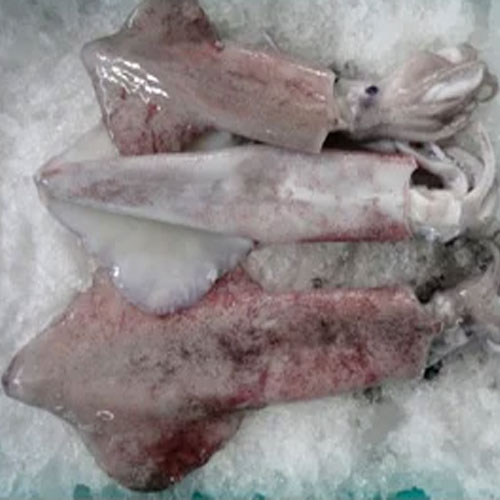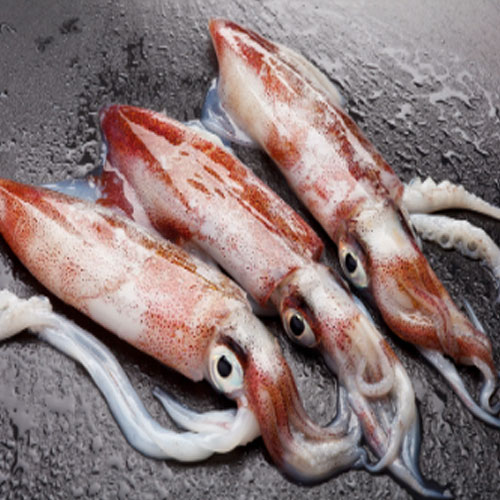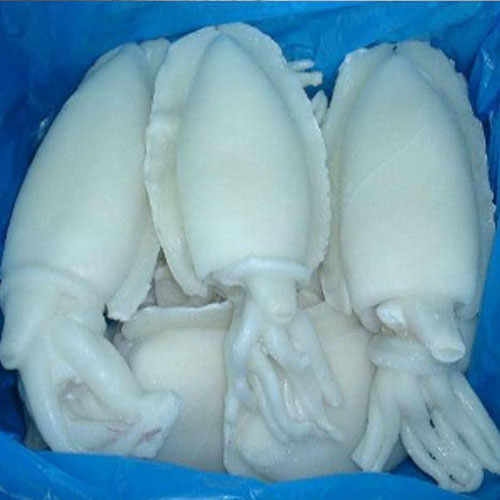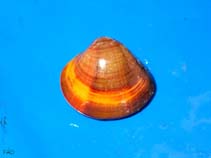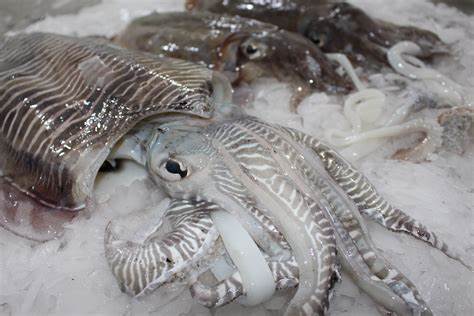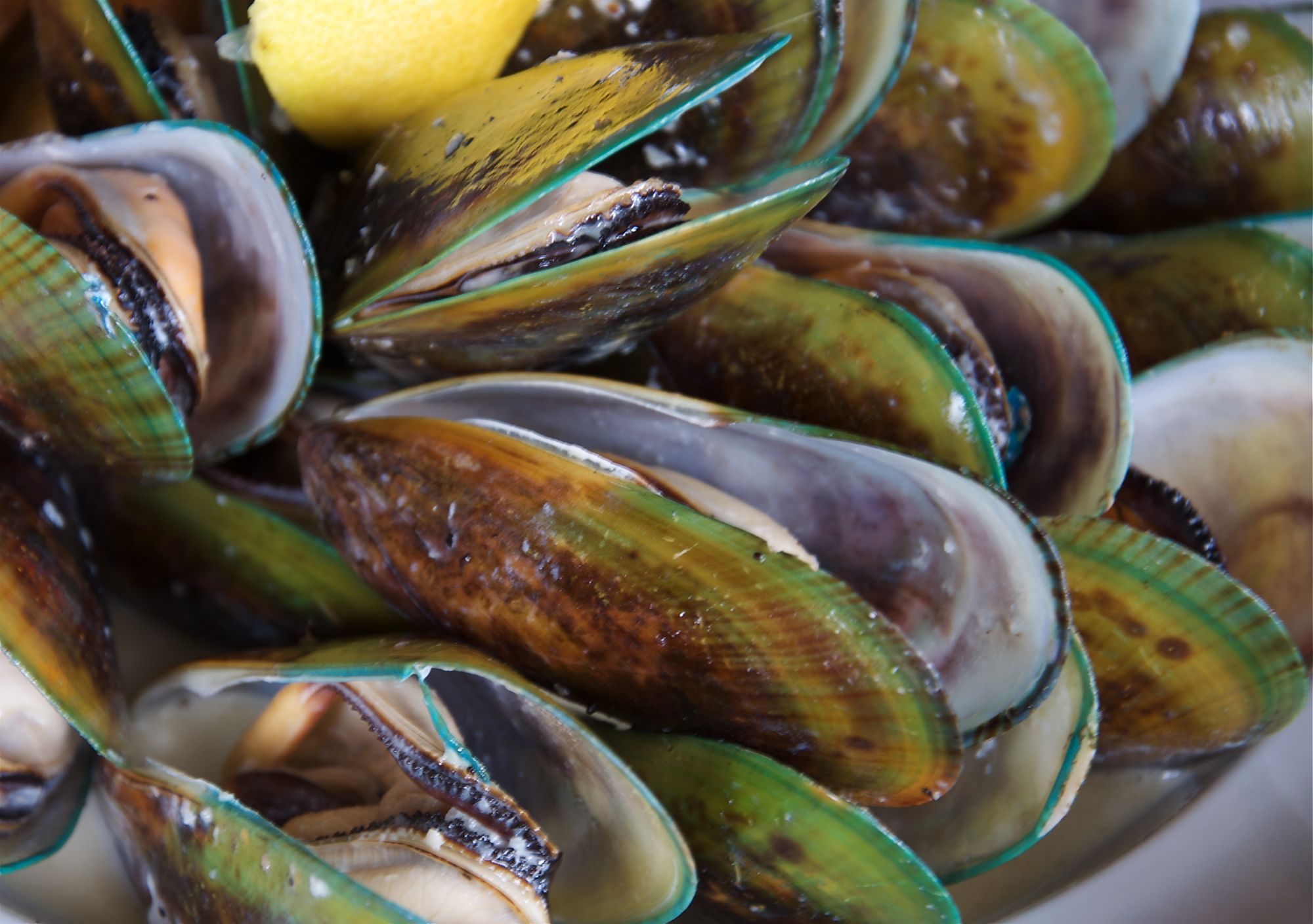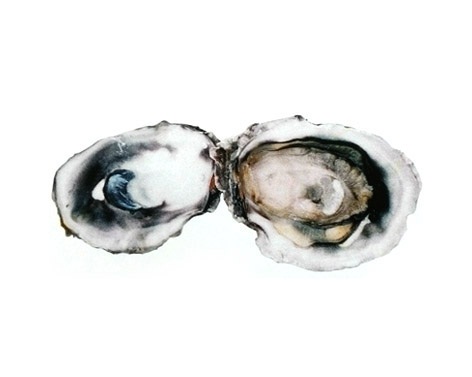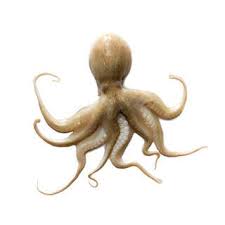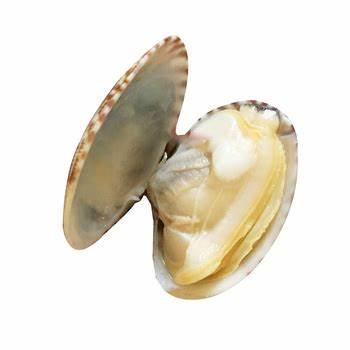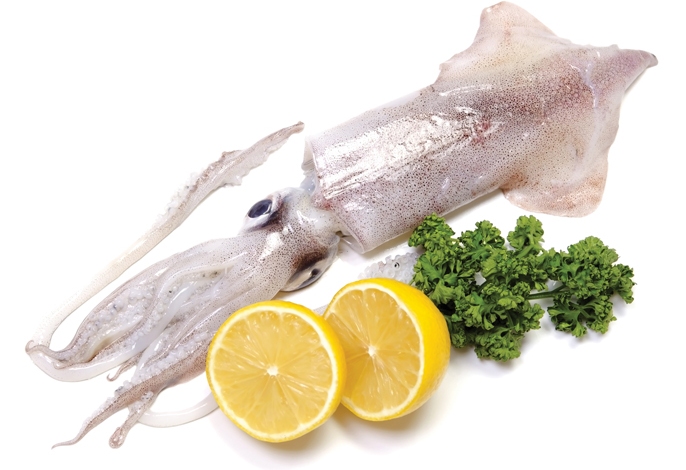Cephalopods are truly fascinating creatures! They belong to the class Cephalopoda, which includes squids, octopuses, cuttlefish, and nautiluses. Here are some interesting facts about them:
Cephalopods are truly fascinating creatures! They belong to the class Cephalopoda, which includes squids, octopuses, cuttlefish, and nautiluses. Here are some interesting facts about them:
-
Adaptability: Cephalopods are incredibly adaptable to various environments, ranging from shallow coastal waters to the deep sea. Their ability to thrive in different habitats makes them one of the most diverse groups of marine animals.
-
Camouflage: Many cephalopods have highly developed camouflage abilities, allowing them to change their skin color and texture to blend in with their surroundings. This helps them avoid predators and ambush prey.
-
Intelligence: Cephalopods are known for their remarkable intelligence. Octopuses, in particular, have demonstrated problem-solving abilities, tool use, and even the ability to learn through observation. They have large brains relative to their body size and complex nervous systems.
-
Jet Propulsion: Squids and octopuses use jet propulsion to move through the water. By expelling water through a siphon, they can quickly propel themselves forward or backward. This method of locomotion allows them to escape predators and catch prey.
-
Mollusk Relatives: Cephalopods are mollusks, like snails and clams, but they have evolved in a different direction from their shell-bearing relatives. Instead of a protective shell, cephalopods have a muscular structure called a mantle, which surrounds their soft bodies.
-
Short Lifespans: Most cephalopods have relatively short lifespans, often ranging from one to three years. This short lifespan is believed to be due to their rapid growth and high metabolism.
-
Complex Eyes: Cephalopods have some of the most sophisticated eyes in the animal kingdom. Their eyes are similar in structure to vertebrate eyes and are capable of forming images. This keen eyesight helps them hunt for prey and detect predators.
-
Ink Defense: When threatened, many cephalopods can release a cloud of ink into the water, creating a smokescreen that confuses predators and allows the cephalopod to escape. The ink may also contain chemicals that interfere with a predator's sense of smell or taste.
-
Unique Reproduction: Cephalopods have various reproductive strategies. Most species reproduce sexually, with males transferring sperm to females using a specialized arm called a hectocotylus. After fertilization, females may lay thousands of eggs, which they often guard and care for until they hatch.
-
Economic Importance: Cephalopods are economically important in many parts of the world. They are harvested for food, with species like squid and octopus being popular seafood items in many cuisines. However, overfishing and habitat degradation pose significant threats to cephalopod populations in some regions.


